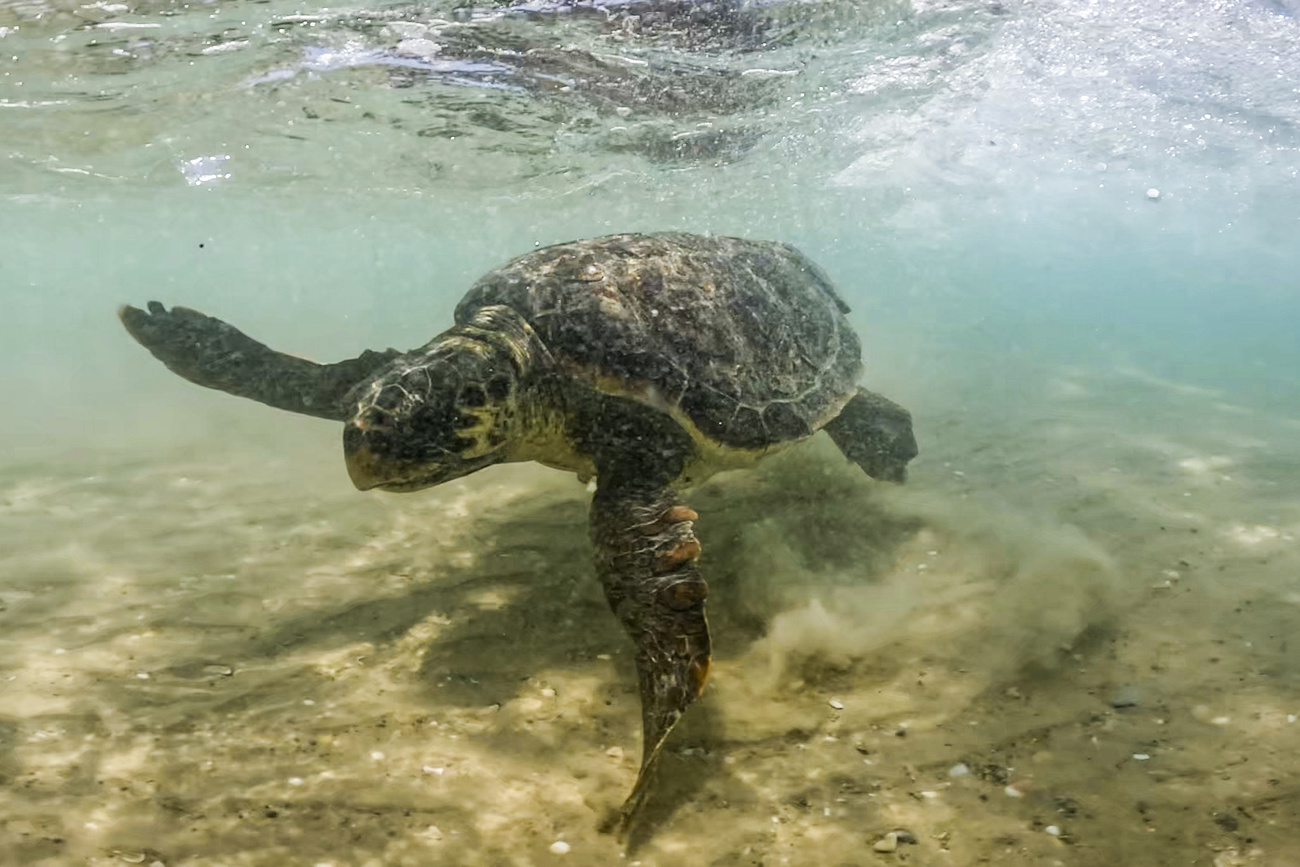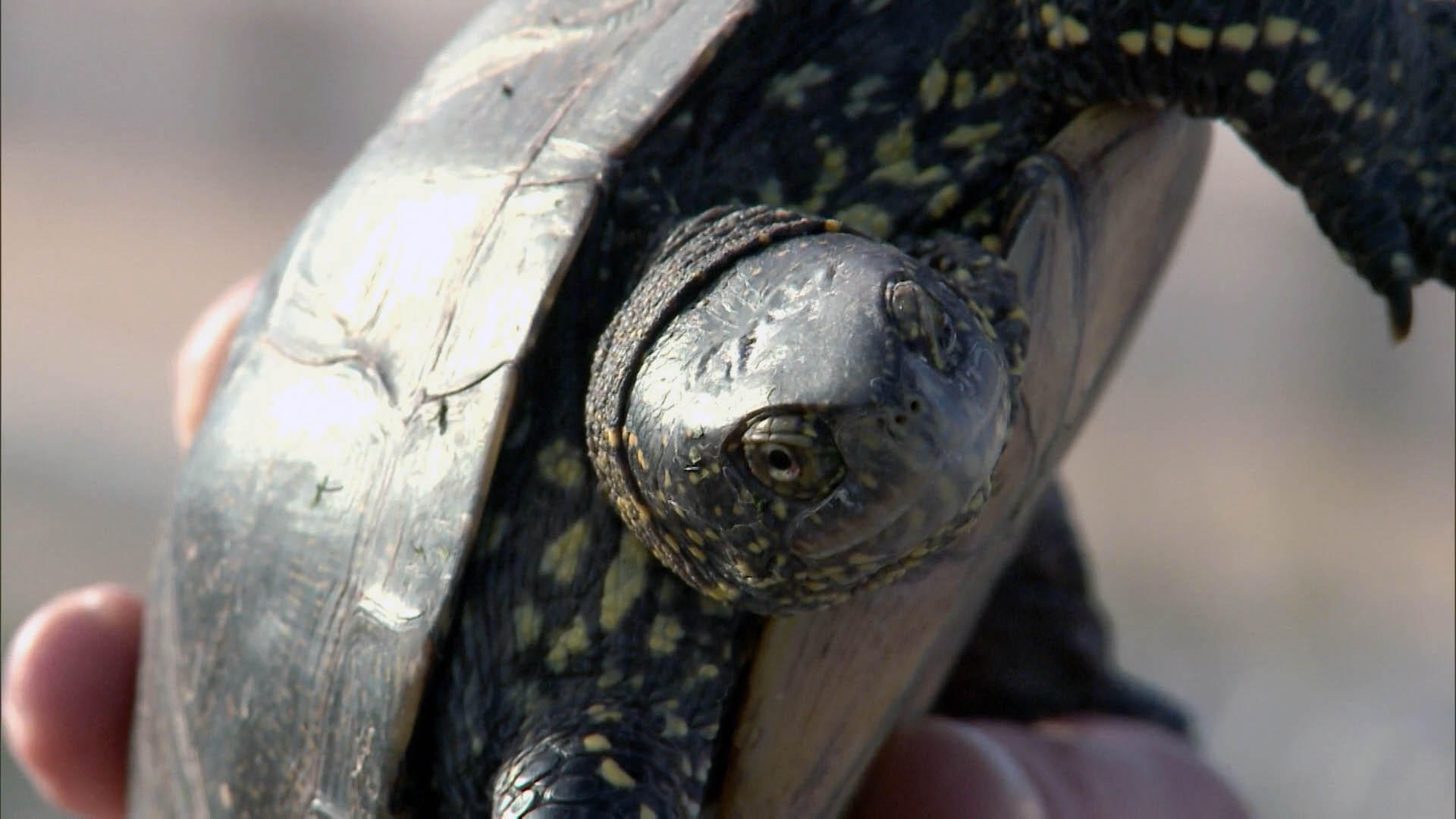
Swiss study shows turtles have not changed size during evolution

Turtles do not follow the general rule that today’s species are on average larger than their distant ancestors, according to a Swiss-led study.
The tendency of animal groups to increase in body size over evolutionary time is known as Cope’s rule (after the paleontologist Edward Drinker Cope). This rule, however, does not apply to turtles, according to a large-scale study recently published in the scientific journal Ecology and Evolution.
Researchers from the University of Fribourg, as well as Brazilian, American and German institutions, studied 795 turtle species, including 536 extinct ones. The researchers concluded that body size of turtles was not affected by evolution and that they have not become smaller or larger than their ancestors.
“These results demonstrate that Cope’s rule applies only rarely to vertebrates, except for certain lineages of mammals and pterosaurs, an extinct order of flying reptiles,” said lead researcher Bruna M. Farina of the University of Fribourg’s Department of Biology in a press release on FridayExternal link.
The comprehensive study also revealed differences in evolutionary trends depending on the habitat of the turtle species. The body size of freshwater turtles remains uniform over time, while sea turtles and tortoises (land turtles) show noticeable evolutionary variations.
The smallest living turtle, the speckled Cape tortoise (Homopus signatus) measures no more than 10 cm in length, while the largest, the leatherback sea turtle (Ermochelys coriacea), can exceed 2.2 m. Turtle fossils offer even greater variance with the extinct freshwater side-necked Turtle ( Stupendemys geographicus) measured at over 2.8 m.

More
Meet Switzerland’s only type of native turtle

In compliance with the JTI standards
More: SWI swissinfo.ch certified by the Journalism Trust Initiative




























You can find an overview of ongoing debates with our journalists here . Please join us!
If you want to start a conversation about a topic raised in this article or want to report factual errors, email us at english@swissinfo.ch.